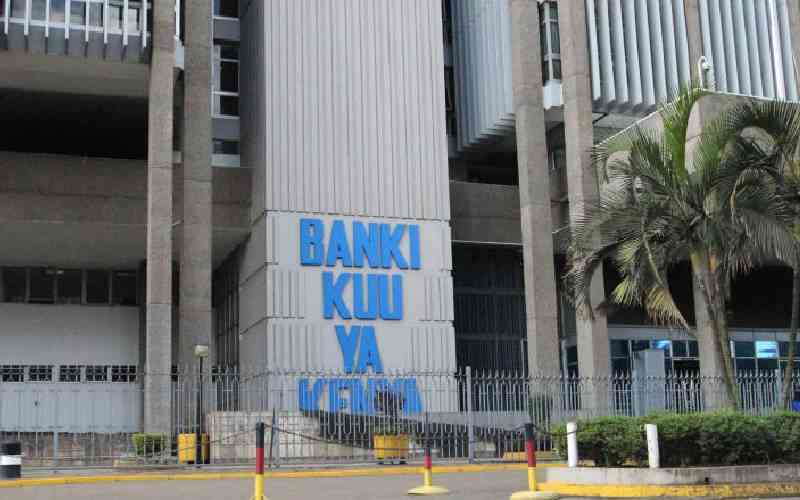×
The Standard e-Paper
Home To Bold Columnists

Every financial year, from June to July, the government needs money to run its operations. Most of the money comes from taxes. However, the taxes are never enough, forcing the government to fill the deficit by borrowing.